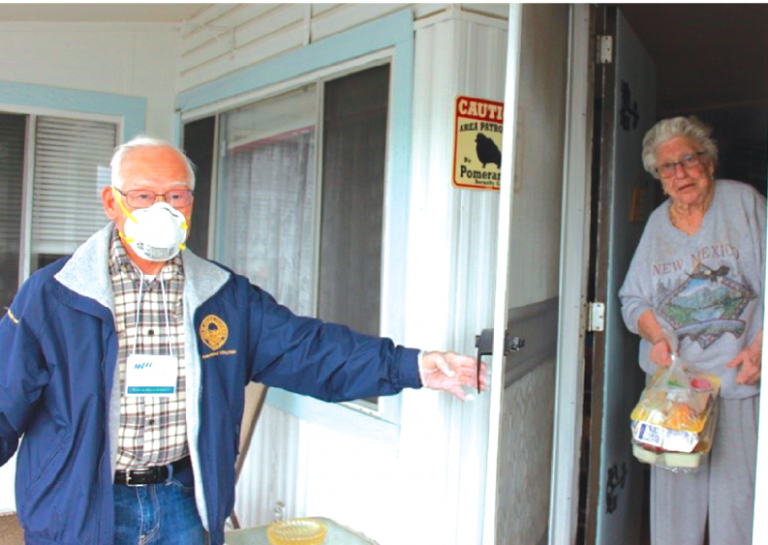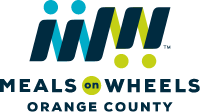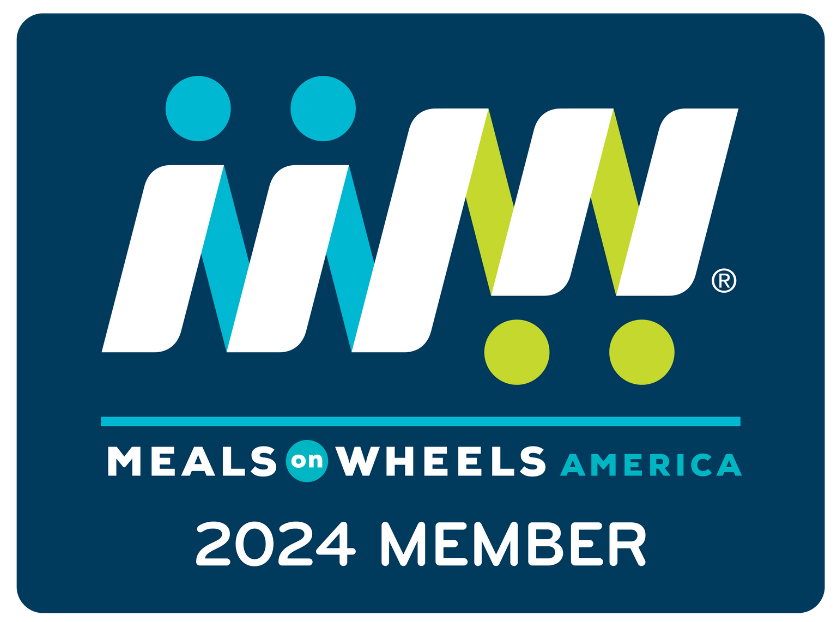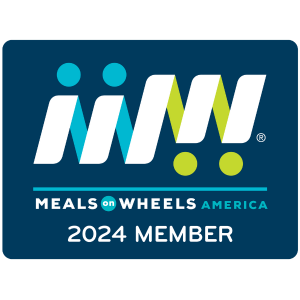
Published in The Daily Pilot on 3/17/2021
by Holly Hagler, President & CEO
To put it bluntly, a year ago this month, Orange County seniors became “ground zero” of the coronavirus crisis.
Life was turned upside down for our county’s older residents. Not only were COVID-19 deaths nationwide mostly among the older and vulnerable, but local support systems in place for seniors ceased to exist. Meals on Wheels Orange County programs such as hot lunch cafés at senior centers, home visits by volunteers, and adult daycare centers instantly shut down.
Older adults in OC were now homebound, even if they were previously active. And they were panicked — scared to go out of their homes — and when they did venture out to the store for essentials, they found store shelves bare.
So a year later, what is the new reality for our older citizens? The number of seniors in the county is projected to nearly double in the next 20 years when one in four residents will be 65 or older.
Many will remain homebound. While younger seniors will return to active social lives, it will be much different for many older seniors. We’re seeing some indications of continued fear — even with the vaccines — due to variants and other factors.
More seniors will choose to “age in place.” Remaining at home was already a pre-pandemic trend, but there will be steady, increased demand for more home- and community-based services.
Isolation and loneliness will increase. Prior to COVID-19, approximately 25% of older adults were socially isolated, and this number is growing. After months of sitting at home, many are now relying on walkers and wheelchairs, and we and our partners have observed cognitive deterioration, greater sadness, and depression. Other seniors have rapidly deteriorated following the death of a spouse.
And yet there is hope. As a society, we can address these issues.
Second, there is a growing need to provide social connections and supports for seniors. For all the reasons shared above, many older adults will remain homebound and participation at senior and adult daycare centers will be slow to return. This means they will need food, visitation, physical therapy, access to senior-friendly technology, and more.
For our part, Meals on Wheels OC makes visits and check-ins part of our delivered meals program — a meal and a visit, coupled with case management services. We have expanded our services to include telehealth calls, along with guidance and a listening ear for caregivers.
But we all must do more. A truly healthy society values its older people just as much as it values its children.
The open hearts and generosity of others have been a blessing to so many during this time. We must continue to reach out to our older neighbors — whether by helping an elder we rarely see anymore or by volunteering at a senior center or nonprofit that serves older adults. There simply aren’t enough government resources to do this without the involvement of the community.
We must also continue to innovate. The pandemic has already been an accelerant for change, including more flexibility with telehealth, relaxed regulations on social services like ours, and a greater ability to quickly launch new solutions. This must continue.
And finally, additional funding is needed and it needs to come from public and private sources. The recently passed stimulus funding is a much-appreciated boost, but our growing senior population will continue to need resources. Again, in this critical cause, the government can only do and provide so much.





